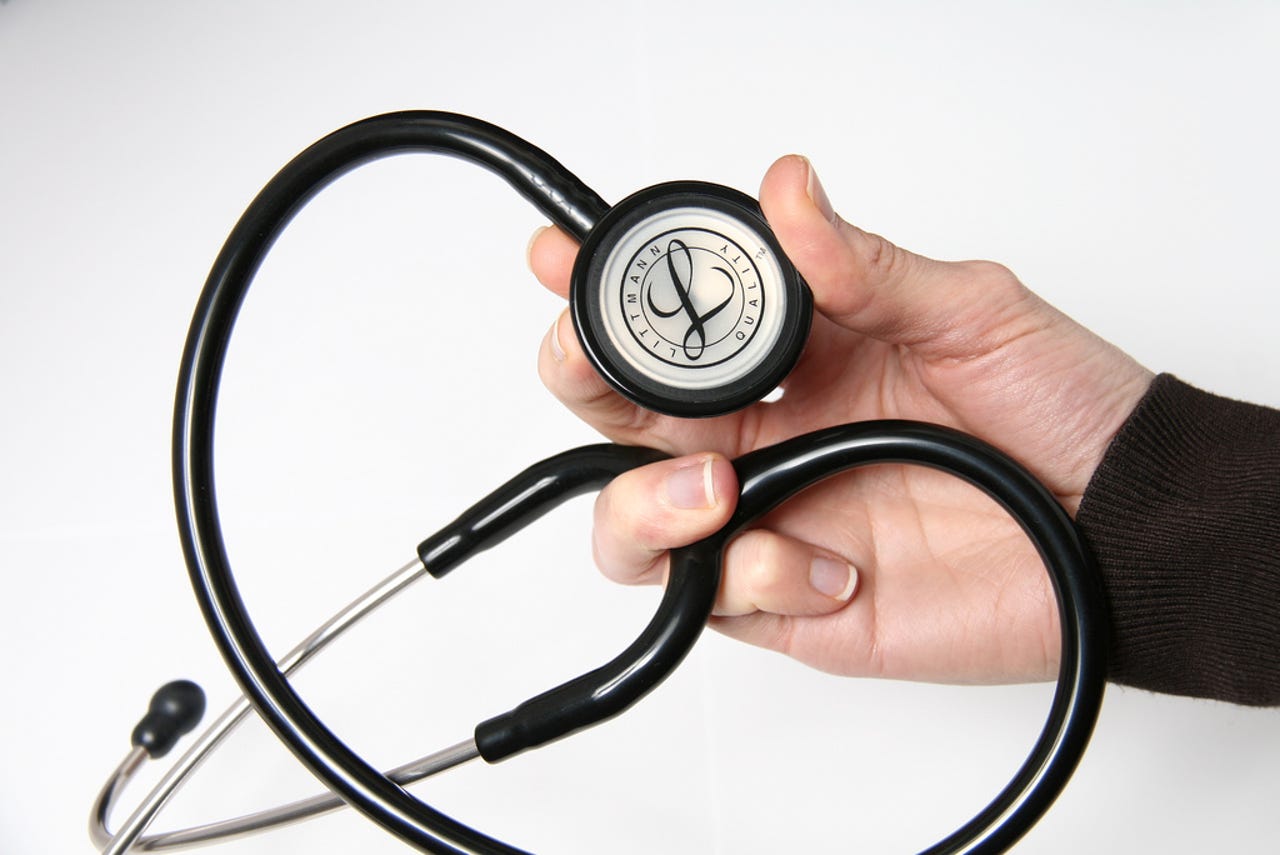Medical data more valuable than banking details to hackers, analyst says


Identity theft is a harrowing experience. Whether you find someone in another country has used your details to acquire credit cards or wake up one morning to find your bank account has been cleaned out, it hurts -- and takes time to recover from.
However, it is not just financial details that data-hungry criminals pursue. Our medical records are also highly coveted.
In a new report (.pdf) released by security firm SANS, analyst Barbara Filkins says that our medical identities can be just as, if not more, lucrative than our financial information.
As so many of our devices, applications and systems are connected to the Web, hackers have many access points which makes them vulnerable. According to research quoted within the report, some 94 percent of medical institutions said their organizations have been victims of a cyber attack -- which leaves countless individuals and their data vulnerable. Once stolen, there are numerous ways such data can be exploited for financial gain.
"A fully compromised identity -- meaning I could walk in with credentials and get someone else's insurance to pay for my condition -- is worth a couple thousand dollars, versus pennies on the dollar for credit cards. The end game can be a lot more rewarding," Filkins said.
Between September 2012 and October 2013, SANS detected over 50,000 hacking attempts and 375 health organizations were compromised within the United States.
According to the report, many of the hacking attempts on record have been enabled through the "Internet of Things" -- connected devices ranging from radiology equipment to pharmacy dispensary robots.
For the general public, a lack of security can be devastating, but perhaps not life-threatening. Either way, health organizations must do more to stay compliant with security standards and keep their patients' records safe.
Read on: Fast Co.Exist
Image credit: Flickr
This post was originally published on Smartplanet.com